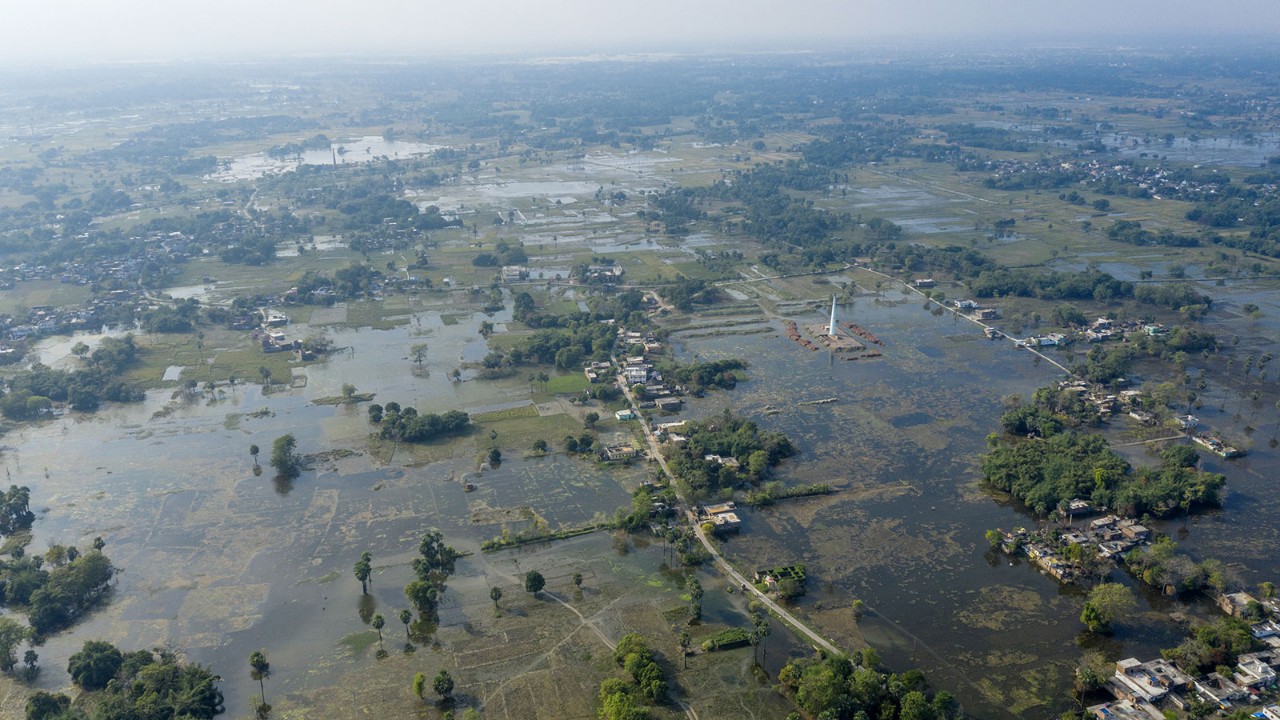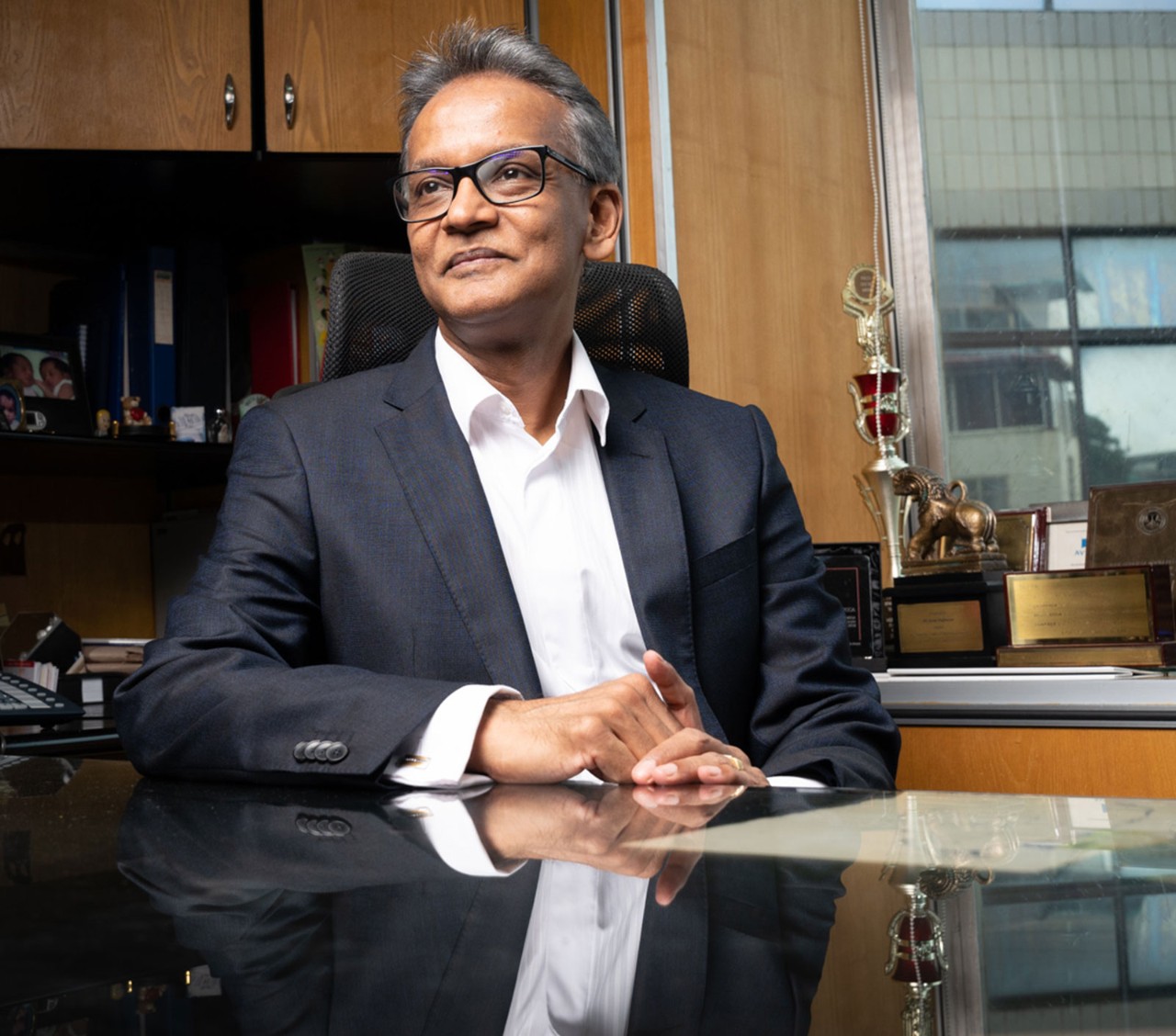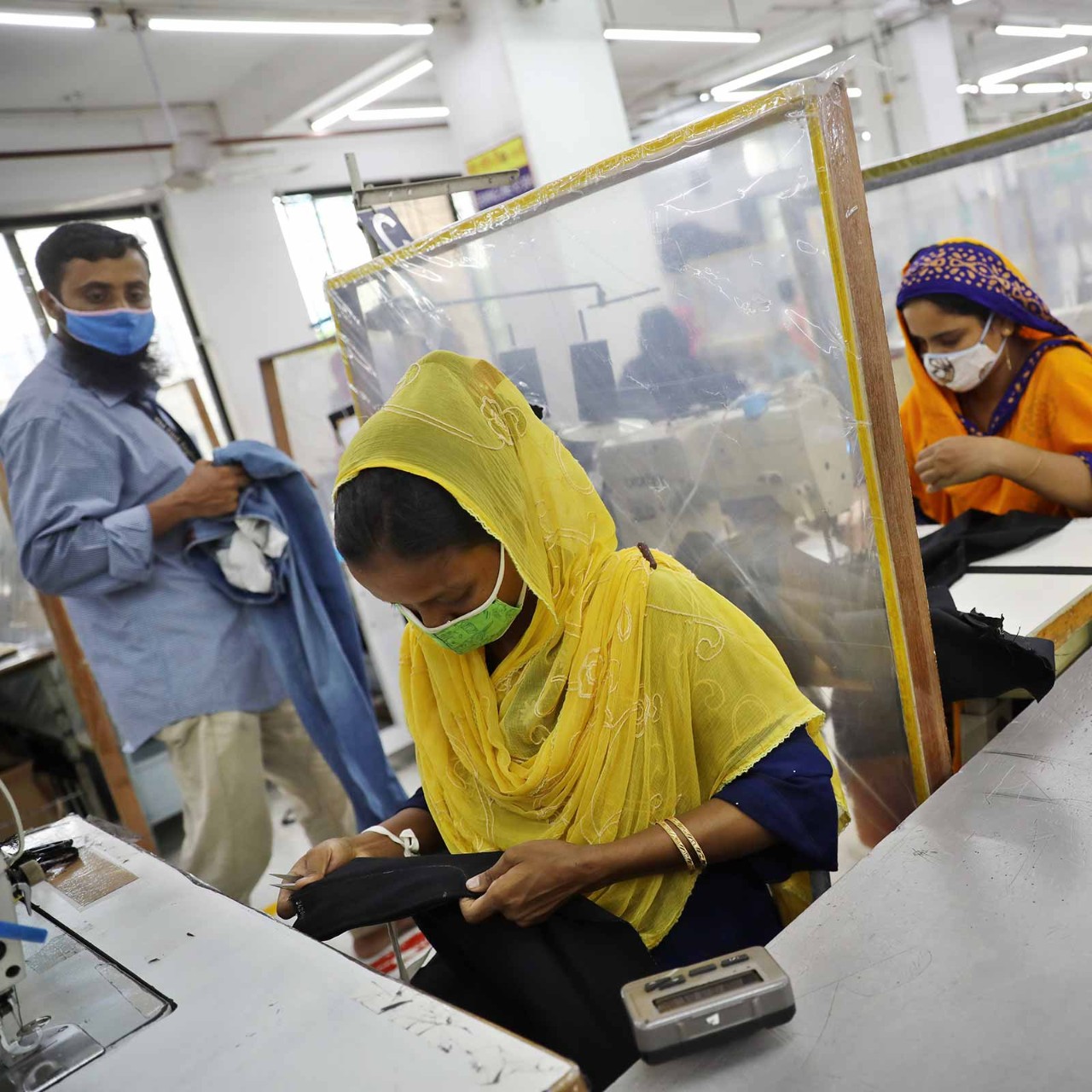
India is facing a terrifyingly wide range of impacts from climate change. The country is geographically varied and experiences many of the effects of rising temperatures. Its fast-growing economy makes a root-and-branch shift towards sustainability a tall order.
Participants at ACCA’s COP 26 roundtable for India described the country’s difficulties in no uncertain terms. ‘With regard to climate change, we are the seventh worst-hit country,’ said one, ‘and we are particularly at risk from slow-onset events like desertification and salinisation.’
Such events are particularly threatening because they are less noticeable in the short term but ultimately devastating to the environment.
‘Nearly two million people were displaced as a result of climate change this year,’ said one participant, listing recent impacts. ‘Twelve million suffered as a result of the monsoon season, and India suffered US$10bn of damage. Climate change is now posing a risk to business. The time for mitigation and adaptation has come.’
Africa
CFOs and standard-setters in Africa discuss concerns about the continent’s unique climate challenges
‘India cannot be blamed for wanting more growth when it is developed nations that have contributed most to environmental destruction'
Americas
COP 26 roundtable discusses the myriad challenges of going green in the Americas
Old agendas rule
While participants agreed that India was moving in the right direction on climate change, plenty of challenges remained. ‘One of the biggest issues with moving swiftly is that it does not sit well with the model of profit we have been using for so long,’ said one member of the roundtable.
India’s sustained and impressive economic growth spurt of the past few decades has brought much needed wealth to the nation, and a view exists that growth is more important now than chasing sustainability. ‘The reticence of some businesses to commit to net zero is valid to a certain extent,’ said one participant. In other words, India cannot necessarily be blamed for wanting more growth, when it is primarily Western, developed nations that have contributed most to emissions and environmental destruction.
A number of Indian companies have made solid commitments to near-zero emissions. As one participant said: ‘The market is calling for it [sustainability] and the time is ripe for companies to create a sustainable business model.’
'There are serious challenges and confusion at company level, which is leading to the gap between commitment and action'
But another participant felt less positive about the speed of movement towards net zero. ‘Sure, everyone acknowledges the elephant in the room now, but the element of action is not materialising. Most organisations are focusing on quick results and are not keen to invest in a longer-term timeframe.’
One participant highlighted the lack of specificity across the landscape of scientists, regulators and companies. ‘We have a problem with science and the jargon of climate change. It can mean very different things for different companies. And no one is telling businesses that carbon capture and carbon reduction are not equally good.
‘There are serious challenges and confusion at the company level, which is leading to the gap between commitment and action.’
Consumer power
On solutions, the participants had plenty to say too. ‘We are underplaying it at the moment, but the power of the end-consumer is enormous – it’s the single largest force.’
But, this participant argued, most customers were focused on good value, not good sustainability credentials when they searched for products. ‘Consumers have the power, but ultimately it is up to the business to influence them. So the board has to create opportunities for the customer to make sustainable decisions.’
He illustrated an example from his own company, a financial institution. ‘We gave people the option of taking the train or the plane to certain meetings. Naturally everyone chose the plane – it saved time.
‘But when we started to explain, as part of the choice-making process, that the train was better for the environment, most people stopped taking the plane. We didn’t force it down their throats, we just provided the option, and then took the time to educate.’
Consider all scenarios
Accountants, agreed the participants, have a key role to play in the sustainability agenda.
‘We have to be the change-makers at this point. We understand numbers better than anyone else,’ said one. Another added that it was the job of the accountant to present ‘very clear examples of numbers to the board and executive to drive action. We should also be showcasing the cost of inaction or insufficient action.’
Asia Pacific
Asia-Pacific climate roundtable gets real about net-zero commitments in a warming world
Europe
How the EU sees its role in the drive for a single global set of sustainability standards
Ireland
Participants in Ireland’s COP 26 conference highlight urgent need for accountants to lead on sustainability
‘We have to be the change-makers at this point. We understand numbers better than anyone else’
Middle East
Three roundtables with representatives from across the Middle East region discuss climate urgency, optimism and room for improvement
They went on to say that it wasn’t enough to buy solar panels and slap a green sticker on their energy efforts. ‘One solar panel company has had to make a large number of insurance claims because of extreme weather events. It turns out that a minor tweak to the panel’s technology would have rendered it weather-resistant.
‘As accountants, we need to make sure that we are considering all scenarios and calculating the cost to the business. Only then can they make sustainable decisions.’
In summing up, panellists were asked, on scale of 1 to 10, how important they rated climate action and sustainability as an agenda item for the board.
‘It’s a 10, it’s a 12!’ said one. Another added: ‘It has to be a 10, there is no other option. This isn’t about businesses giving back to the community; it’s about business risk. We live in society, we work for society – we can’t afford to delay.’
Further information
Keep up-to-date with sustainability-related issues with our curated selection of resources
UK
COP 26 roundtable discusses UK members’ views of sustainability and superhero accountants




